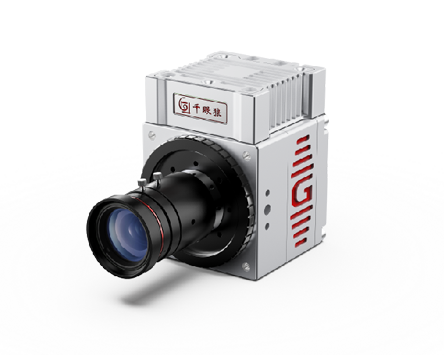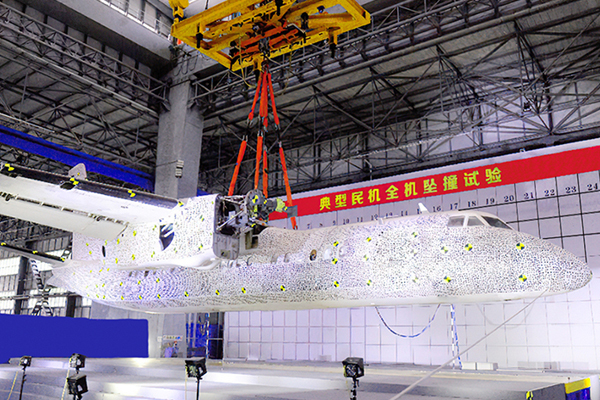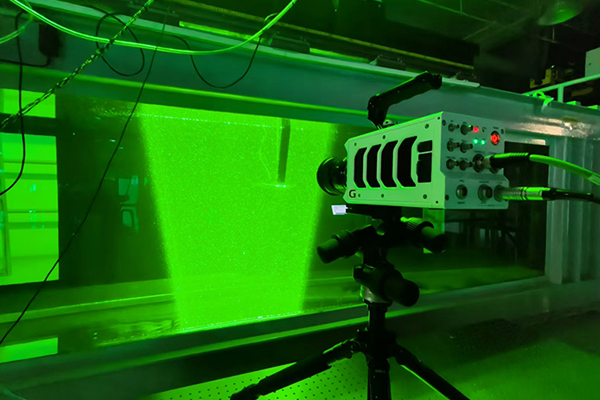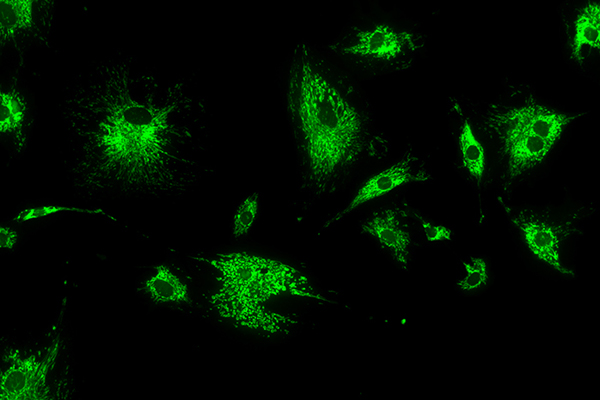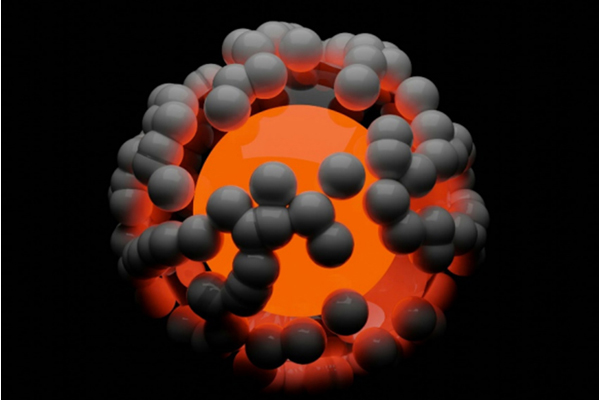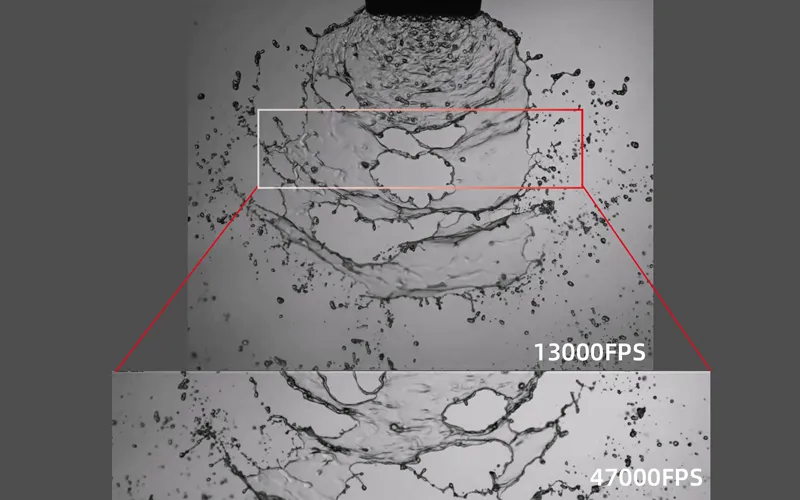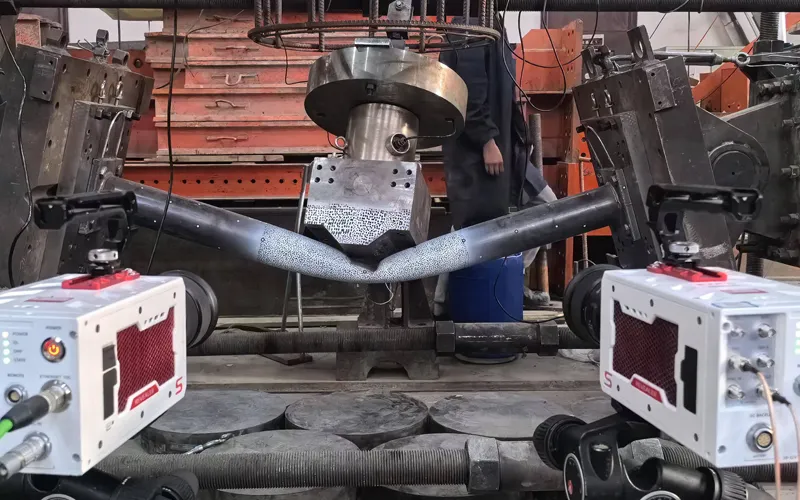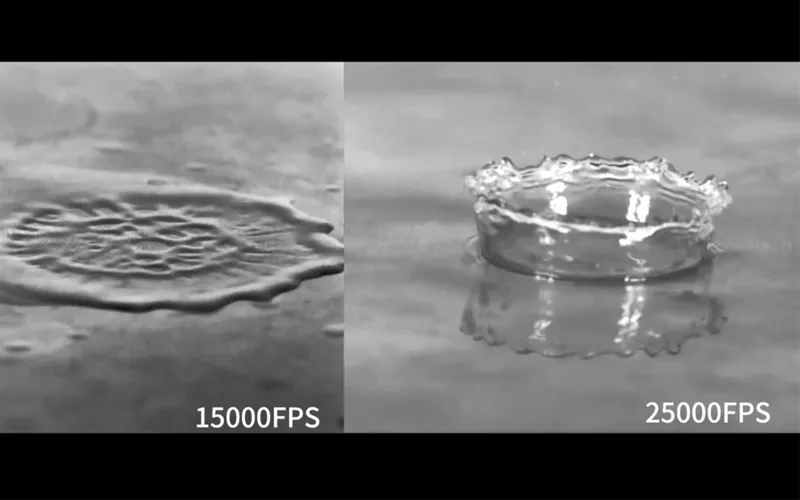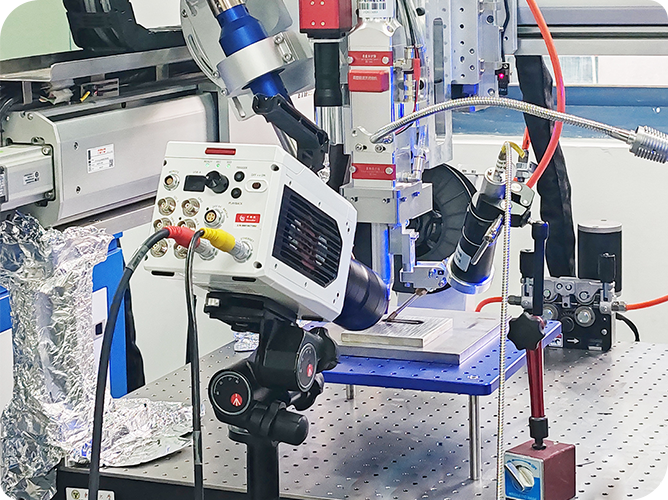
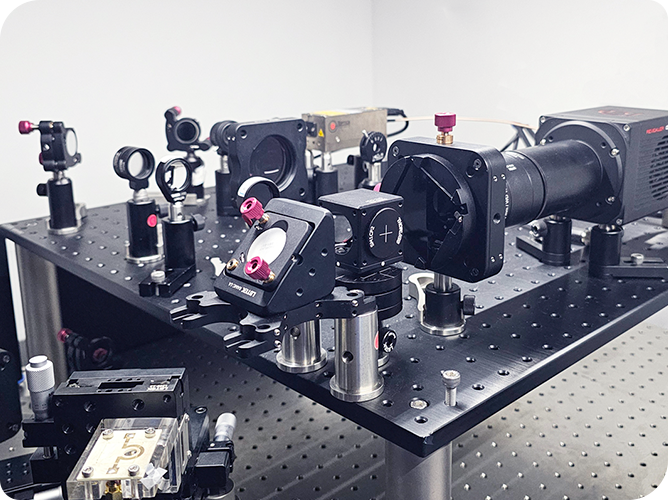
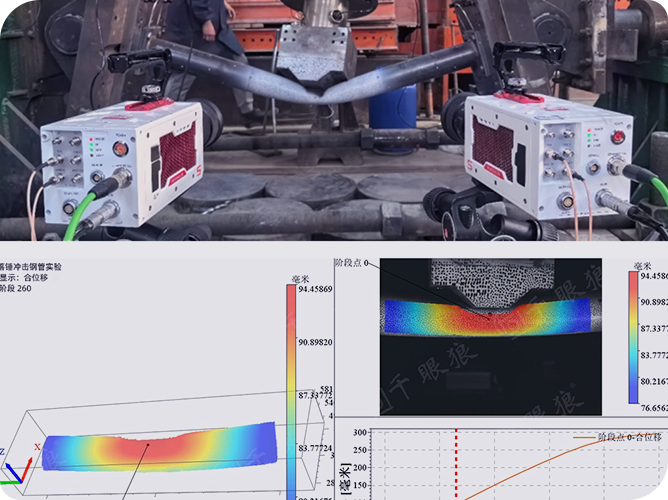
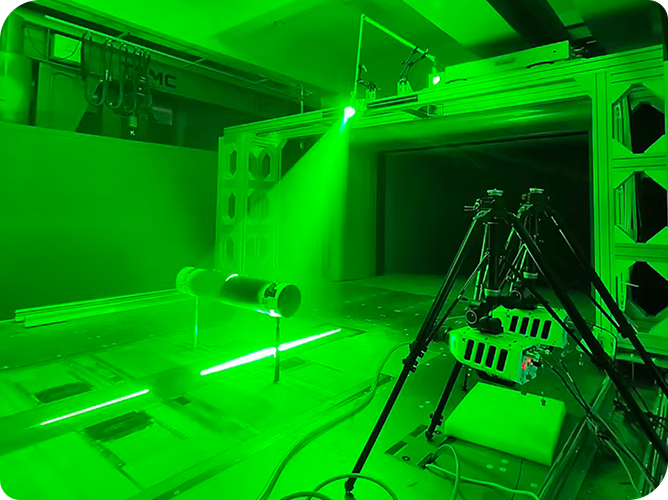
Experimental background and significance
1. Experimental background In response to the research needs of transformer insulating oil, a laboratory proposed to observe the growth process of discharge in insulating oil through high-speed photography technology. Due to the extremely fast discharge speed, traditional observation methods are difficult to capture dynamic details, and high-frame rate high-speed cameras are needed to obtain effective experimental data.
Research significance
The main function of insulating oil is to isolate the current between conductive parts and prevent short circuit or breakdown inside the equipment. Discharge phenomenon may indicate aging, contamination or deterioration of the insulating oil (such as the mixing of moisture, impurities, gas or carbonized particles), resulting in a decrease in its insulation performance. The dielectric strength of the insulating oil can be quantified through discharge characteristics (such as discharge intensity, frequency, waveform, etc.).
by the S 1315 high-speed camera , providing effective experimental data support for the research of insulating oil and promoting technological progress in related fields.
2. Experimental Configuration
High-speed camera: Model S1315M, resolution 1280×1024, frame rate 15000fps ;
Lens: 100mm fixed focal length lens ;
Venue: Indoor open environment ;
Experimental object: discharge device.
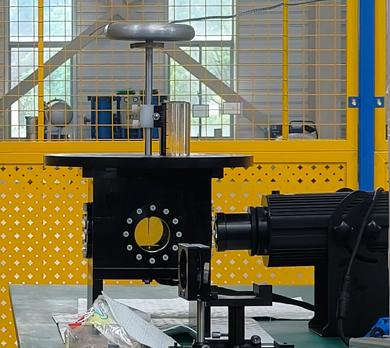
Figure 1. Discharge device
3. Experimental process and experimental data
Equipment installation
The back-lighting method can suppress the arc light and observe the fractal structure of the discharge.
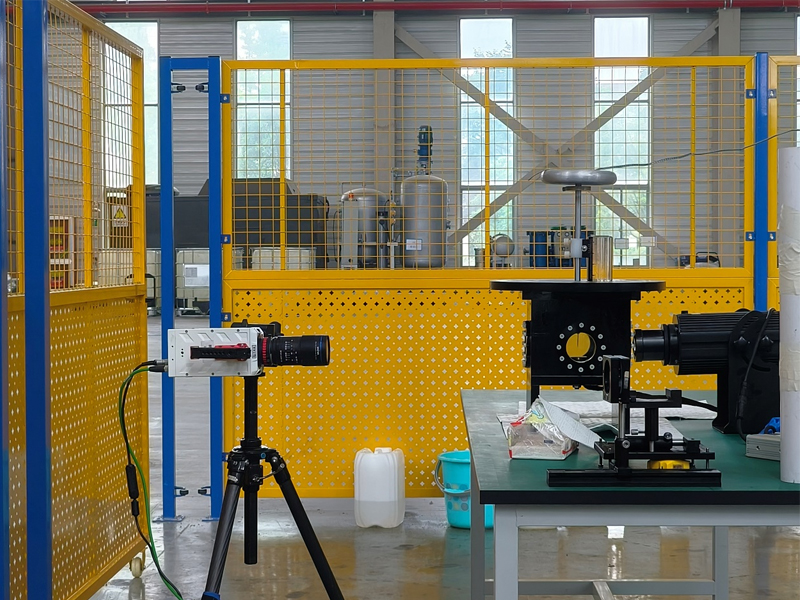
Figure 2. Installation method
High-speed video data acquisition
Focus on the discharge tip, crop the shooting resolution according to the needs of the on-site experiment, and increase the maximum frame rate to 175438fps.
4. Experimental Conclusion
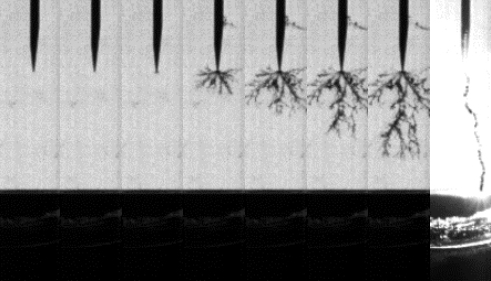
Figure 1. Experimental results image
Using the Qianyanlang S1315 high-speed camera, the fractal structure of discharge in insulating oil and the discharge growth process in insulating oil were successfully realized.
The experimental data can provide a reliable basis for quantifying the dielectric strength of insulating oil, helping customers optimize the dielectric strength of insulating oil.
